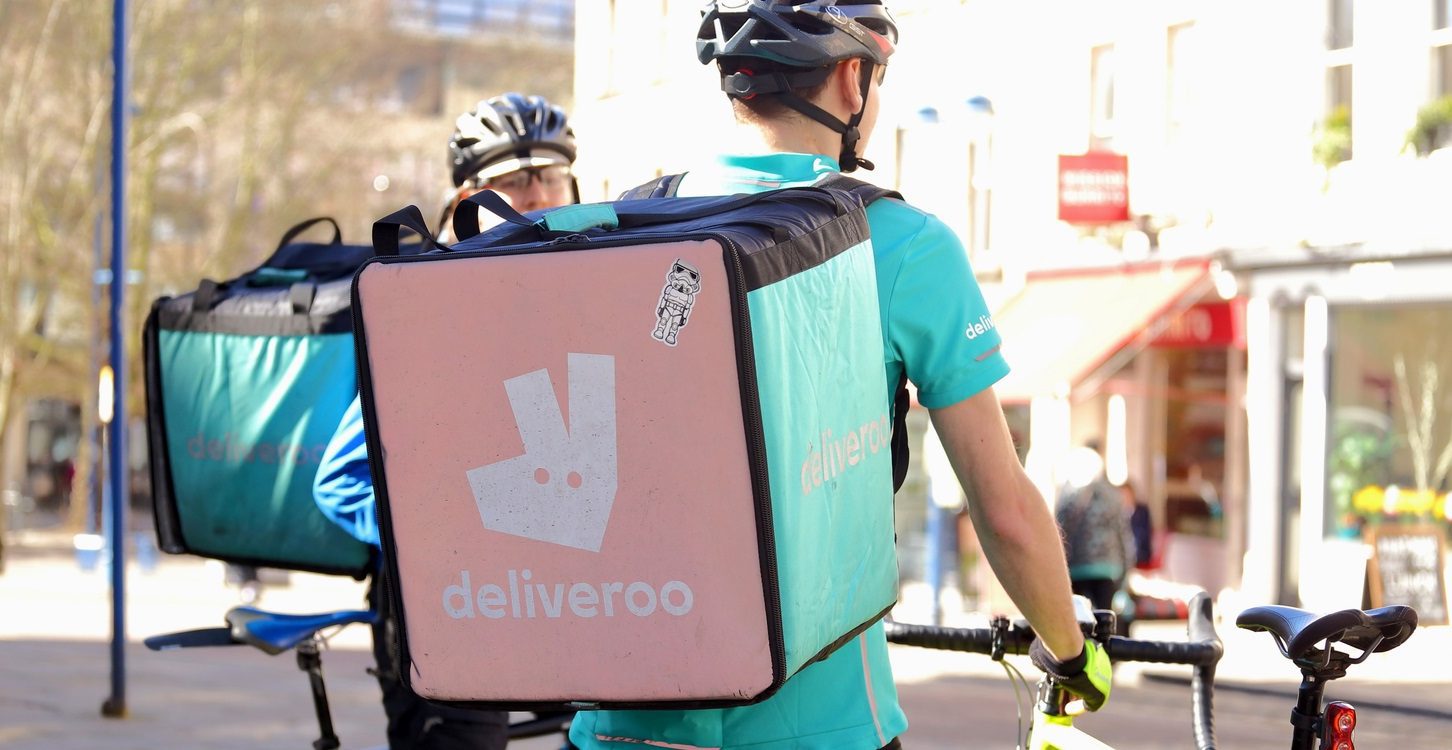Deliveroo made its first known acquisition in the technology space today.
The London-based firm, founded by Will Shu in 2012, snapped up New York-based food delivery startup Maple in a deal that will see the latter’s team become part of the UK firm’s operations in London.
But what do we know about Maple so far? The firm was founded in 2014 by Akshay Navle, a former e-commerce consultant and Caleb Merkl, a Harvard Business School graduate, and launched in April 2015 during what is widely referred to as Manhattan’s online food delivery boom.
Like Deliveroo, Maple set out to disrupt the online food delivery space in New York. Unlike Deliveroo, which has raised a staggering $474.59m, Maple raised a somewhat more modest $29m throughout its relatively short existence....

